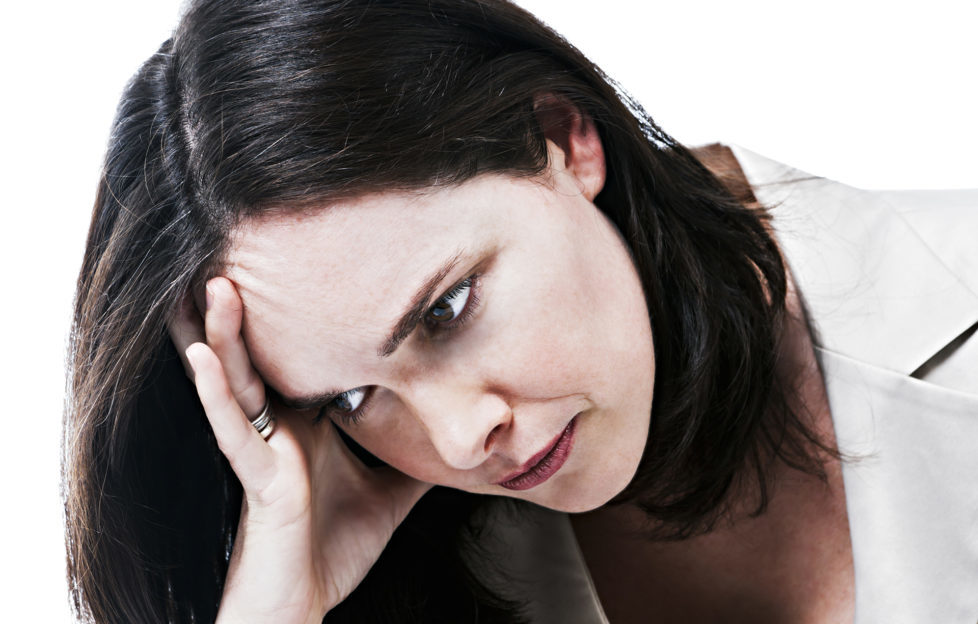Do You Know What OCD Really Is?

By Abie Taylor-Spencer is a TMS Technician at Smart TMS, the UK’s leading mental health clinic specialising in Transcranial Magnetic Stimulation.
This week is OCD awareness week, and while Obsessive Compulsive Disorder (OCD) is something that many of us are aware of, what is not widely known is just how vast OCD can be and the full effect it can have on someone’s life. When many people think about OCD, an image of someone obsessively cleaning (not unlike Monica from the TV hit FRIENDS) may spring to mind, however, the symptoms of OCD can be more serious.
Abie Taylor-Spencer, TMS Technician at mental health clinic Smart TMS, breaks down the symptoms, causes and treatment options that are available for OCD.
What is OCD?
Obsessive Compulsive Disorder (OCD) is an anxiety-related mental health condition which, when severe, can be disabling. OCD affects men and women equally and although it typically tends to occur during late adolescence or early adulthood, it can begin at any age. It is thought that around 1.2% of people are affected by OCD at some capacity.
What are the main symptoms of OCD?
The main symptoms of OCD can be categorized into two significant areas; obsessions and compulsions.
Obsessions: These are uncontrollable thoughts, images, worries or urges which someone experiences recurrently and can trigger intense distress. The intrusive thoughts can be difficult to ignore and occur frequently, causing extreme anxiety and preoccupation which prevents the individual from regular day to day functioning. Common obsessions in OCD include; causing or failing to prevent harm, perfectionism, scrupulosity (concern with religious issues such as morality and blasphemy) and the fear of contamination and illness.
Compulsions: The compulsions are repetitive and time-consuming behaviours which an individual performs in an attempt to relieve the anxiety caused by the obsessive thoughts. These can be physical actions or rituals, such as washing or cleaning excessively, arranging things in a specific way, checking that appliances are turned off and that doors are locked. Many compulsions involve numbers; for example, compulsions may involve activities (such as turning on a light switch) having to be repeated a specific number of times without the ritual being interrupted. Some compulsions are purely mental; for instance, an individual may pray to prevent harm to others, or count whilst carrying out a task to end on a specific number. Other common compulsions include seeking reassurance, hoarding and actively avoiding circumstances which may trigger an obsession. Individuals often engage in such behaviours because they feel driven to do so in order to neutralise, counteract or dissipate their obsessions.
Can different people have worse symptoms than others?
Symptoms vary considerably between individuals. For example, those with severe OCD may find their symptoms disabling, whereas those with mild OCD will not experience an impact on their lives to the same extent. People who find their OCD to be relatively low may find that their symptoms improve without treatment, however, this is unlikely to occur in those with moderate to severe OCD.
What are the causes of OCD?
There are different factors which may contribute to the development of OCD. For example, the condition may be triggered by a combination of genetic, neurological, behavioural, cognitive, and environmental factors. Imbalances in neurotransmitters such as serotonin and glutate have been recognised as potential factors in the development of this disorder. Additionally, having relatives with OCD can significantly increase the likelihood of an individual developing OCD. Research indicates that there are three brain areas are which contribute to OCD; the orbitofrontal cortex (OFC), the anterior cingulate cortex (ACC) and the caudate nucleus.
What are the treatment options currently available for OCD?
There are currently a few different treatment options that are available for people who are suffering from OCD, these include:
- Psychological treatments which include cognitive behavioural therapy (CBT) and exposure and response prevention (ERP). This involves exposure to the unwanted thought or situation to achieve habituation, which is where the compulsive response can be prevented over time.
- Medications are available to treat OCD, which are typically used when an individual does not respond to psychological treatment. Commonly, selective serotonin reuptake inhibitors (SSRIs) such as citalopram and sertraline are used to alter the balance of chemicals in the brain. A tricyclic antidepressant such as clomipramine may be prescribed. Around 40% of individuals with OCD do not respond to medication.
- Transcranial magnetic stimulation (TMS) can also be used to treat OCD. Research has found that OCD is linked to increased activity in the supplementary motor area (SMA), and reducing activity in this area can lead to improvement in OCD symptoms. Arns (2018) found that 30% of OCD patients went into remission, and 55% of patients showed a significant reduction in OCD symptoms with TMS treatment.






